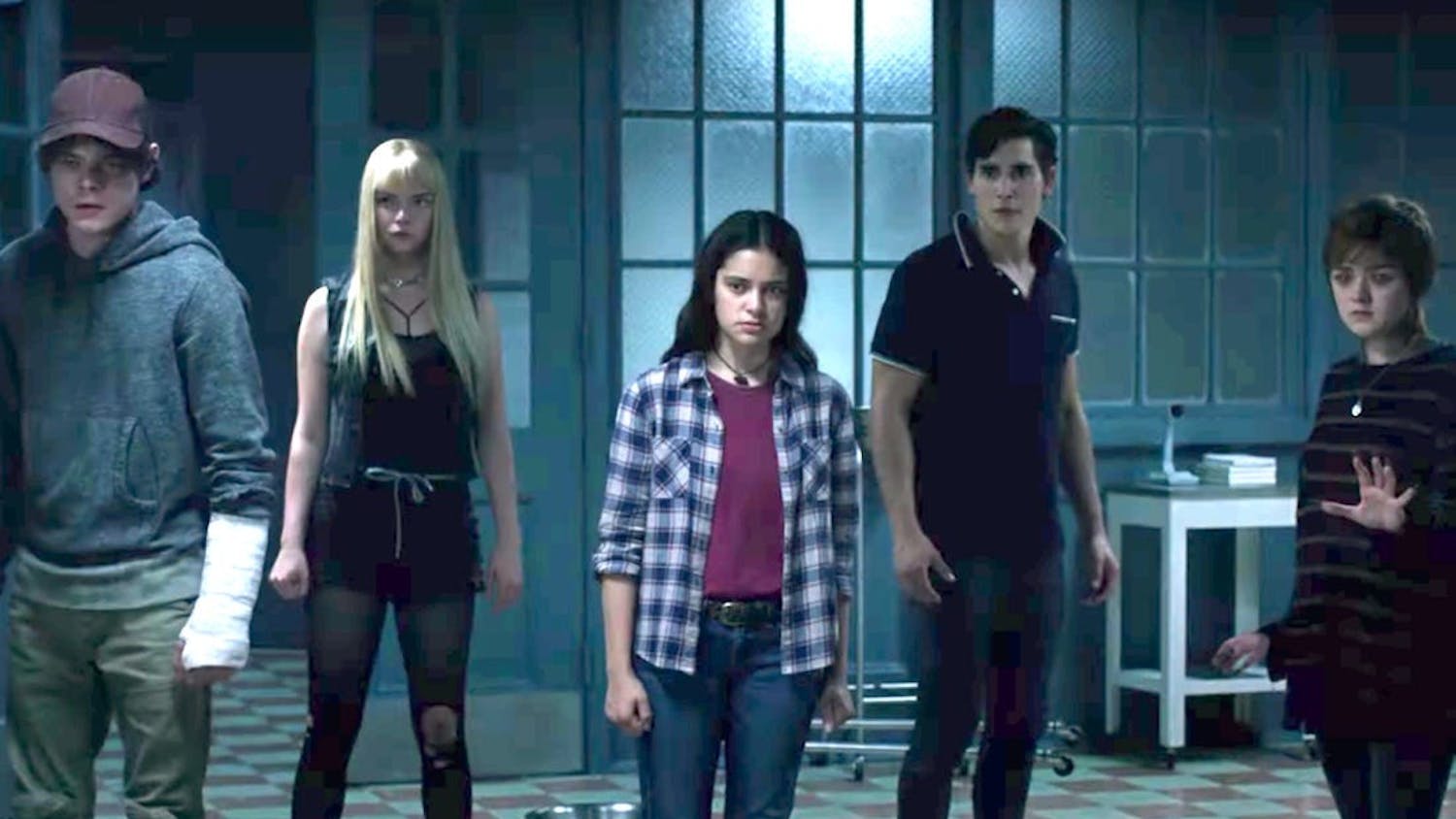“The Father,” one of the eight Best Picture nominees at the 2021 Oscars, delivers a mind-bending perspective on aging, memory loss and family.
The film tells the story of Anthony (Anthony Hopkins), a stubborn old man with worsening dementia, and his daughter Anne (Olivia Colman), who does her best to take care of him.
Unlike other films that have tackled this subject, “The Father” tries to put viewers in Anthony’s shoes and simulate what it would actually be like to have dementia. What starts as a straightforward drama evolves into dizzying character study of a man whose life is crumbling around him.
Originally created for the stage, writer/director Florian Zeller adapted his own play to the big screen, and it translates beautifully. While theatrical elements such as small, limited locations and a dialogue driven story are present, Zeller justifies his adaptation and sets it apart by brilliantly capitalizing on one of the strengths of film: editing.
Not since Christopher Nolan’s “Memento” has a film played with structure in such an effective and unique way. Scenes appear out of order, others end where they began and some actors even switch roles. It captures the confusion and disorientation of losing one’s memory by showing us what it would be like to wake up and not recognize one’s own house or even one’s own daughter.
At times, the disorienting nature of the film can be frustrating. It could be hard sometimes to lock down just who some of the supporting characters actually were. Even after finishing the movie, I’m still not quite sure what was real and what wasn’t or what happened in what order. However, that’s really the whole point and also the fun of the movie.
This wholly unique way of storytelling definitely paid off. It gave me an understanding and empathy for these characters that a more straightforward film couldn’t have accomplished. I felt their helplessness and horror as Anthony slowly lost his battle to time, a battle we all fight and lose eventually. I’ve never dealt with dementia or Alzheimer’s in my family, but this film made me very thankful for that and also sympathetic to those who have.
Zeller and Christopher Hampton’s script deservedly won the Oscar for Best Adapted Screenplay. It’s filled to the brim with emotional and moral complexity. I found myself torn in two throughout the film. Part of me was heartbroken for Anthony and wanted to be understanding of his condition. The other half was impatient with him and infuriated by the way he treated the people around him.
This duality in my own mind was portrayed brilliantly onscreen by the characters of Anne and Paul (played masterfully by Colman and Rufus Sewell, respectively). Anne loves her father and shows compassion for him despite the nasty things he says to her. Paul represents the other side. While he could easily be viewed as a jerk, I found it cathartic to see someone voice my frustrations and call Anthony out.
Despite the many hateful things he does, Anthony still ends up as a sympathetic character thanks to Anthony Hopkins’ magnificent performance. In a career filled with iconic roles (Hannibal Lector, Richard Nixon, etc.), this might just be his best ever. It earned him a Best Actor statue and made him the oldest person to win that category. It’s a vulnerable performance that balances the character’s charisma and cruelty perfectly and crescendos to a final scene that tore my heart out.
Overall, I loved this movie and was rooting hard for it to win Best Picture (sadly, it lost to “Nomadland”). It’s a unique, emotional gut-puncher that left me sitting stunned in the theaters as the credits rolled and has stuck with me long after.
4.5/5




